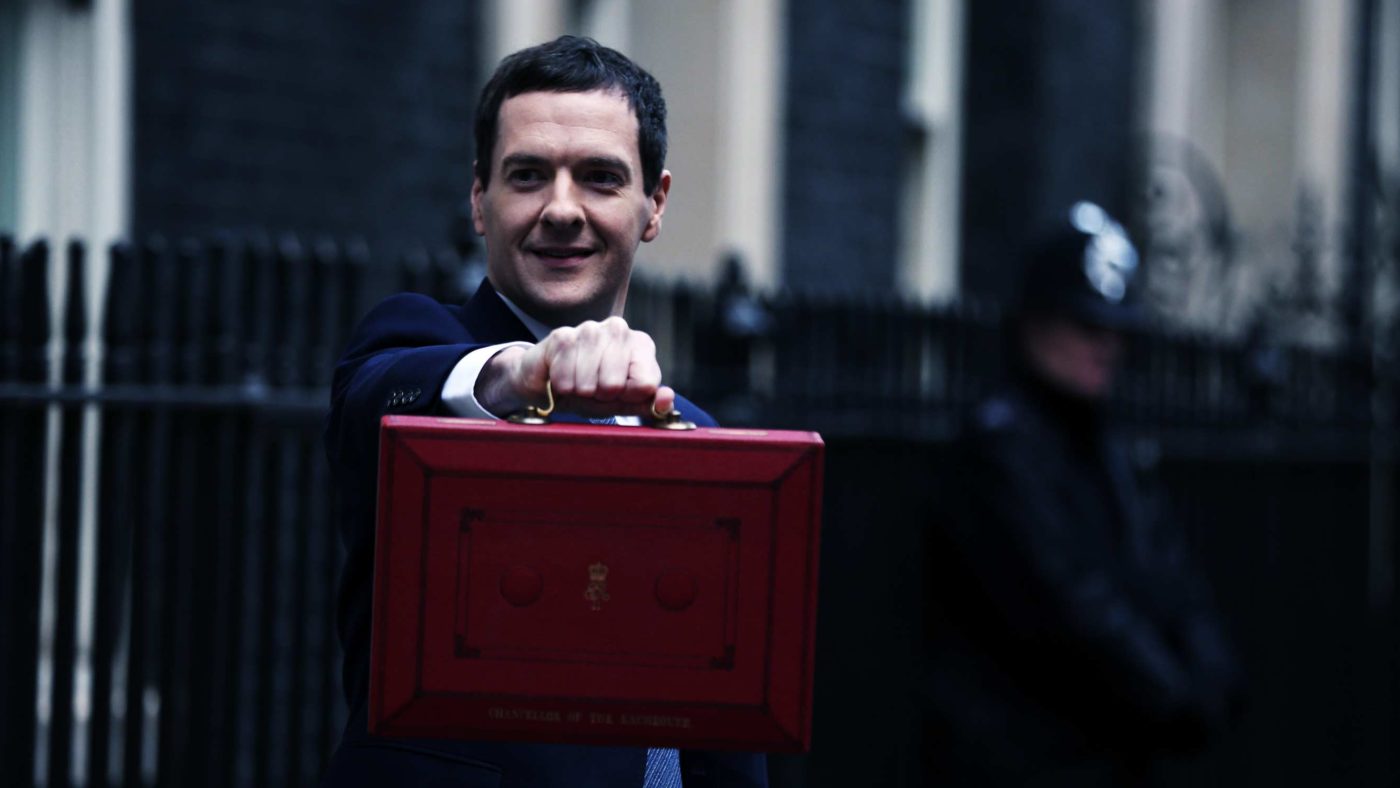Writing in a blog for the New Economics Foundation (NEF), Alfie Sterling has made the striking claim that fixing the public sector finances has “suppressed the economy by almost £100 billion”, or “around £1,500 for every woman, man and child this year alone”.
However, while the NEF may be bringing some old economics to a new audience, there’s actually nothing original here, and the calculations themselves are misleading. The way in which the results are framed might also lead many to draw the wrong conclusions about what policymakers should do now.
Let’s start with what the NEF has actually done. The author has simply added up the estimated impact on GDP of discretionary changes in fiscal policy in each year since 2009-10. These figures have already been published by the Office for Budget Responsibility, based on work done with the Institute for Fiscal Studies. If you want, you can find the same data in Chart 2.4 of the OBR’s Forecast Evaluation Report (December 2018).
However, it is also worth reading the OBR’s commentary accompanying this chart. The key point is that you can’t just sum the initial hits in each year to gauge the cumulative effect on GDP. This is because the impact of spending cuts and tax increases “unwind over time”. The OBR may be too bold in claiming that “fiscal consolidation does not reduce demand in the long term”, but most economists would agree that the impact eventually fades.
The NEF does acknowledge that its numbers fail to take account of any subsequent unwinding of the negative effects. The author’s defence is that this unwinding largely depends on offsetting stimulus from the Bank of England which may have been less effective given that interest rates were already close to zero. However, it is clearly wrong to completely ignore the impact of an extended period of very loose monetary policy, including substantial quantitative easing (QE), as well as any other potential offsets.
To be fair, the NEF is surely right that the austerity implemented in the early 2010s was too much, too soon. But that argument was first made by others long ago, and, in my view, has already been won. Again, I suggest googling what economists like Paul Krugman, Simon Wren-Lewis and Jonathan Portes have been saying since at least 2012. Indeed, even those who recommended aggressive fiscal consolidation in 2010 soon began to change their minds. The IMF in particular revised its estimates of the impact of tax increases and spending cuts on GDP (the so-called ‘fiscal multipliers’) sharply higher.
It is now also widely recognised that fears that the UK faced a Greek-style debt crisis were overdone. The mistakes made in the UK were magnified by the coordinated austerity in the euro area. But the UK had at least ignored demands (including from the CBI and the auto sector) that we had to join the single currency, which meant that the Bank of England was free to adopt QE well before the ECB, as well as let its own currency fall.
Nonetheless, by focusing on a single number for the cumulative impact of austerity to date (and a misleading one at that), the NEF is ignoring the sea-change that has already happened. Even if you take the NEF numbers at face value, the bulk of the damage was done between 2010-11 and 2013-14. Since then the drag from fiscal consolidation in the UK has dwindled to next to nothing.
This makes the claim that austerity is costing every man, woman or child around £1,500 ‘this year alone’ especially disingenuous. The IFS’s own estimates, quoted by the OBR, suggest that ‘fiscal policy increased GDP growth in 2017-18 by 0.3 percentage points, as the -0.1 percentage point effect of new consolidation in the year is more than offset by the +0.4 percentage point effect of previous years’ consolidation effects unwinding’.
This brings me to my biggest problem with the NEF’s work here: the framing of the results. It’s one thing to argue that raising taxes and cutting public expenditure is a bad idea when the economy is only just emerging from a deep recession. However, it would be quite another to argue that the economy will always benefit from fiscal stimulus and that now is always the right time to ramp up government spending.
In summary, few would disagree with Alfie Sterling’s conclusion that the policy response must be different next time we are in a hole as deep as that ten years ago. If the message is that fiscal policy should allow the ‘automatic stabilisers’ to work during economic crises, you can sign me up too. But there is a huge difference between sensible counter-cyclical Keynesianism and the sort of ‘tax and spend even more’ policies now being advocated by many on the left. And please don’t even get me started on Modern Monetary Theory…
CapX depends on the generosity of its readers. If you value what we do, please consider making a donation.


